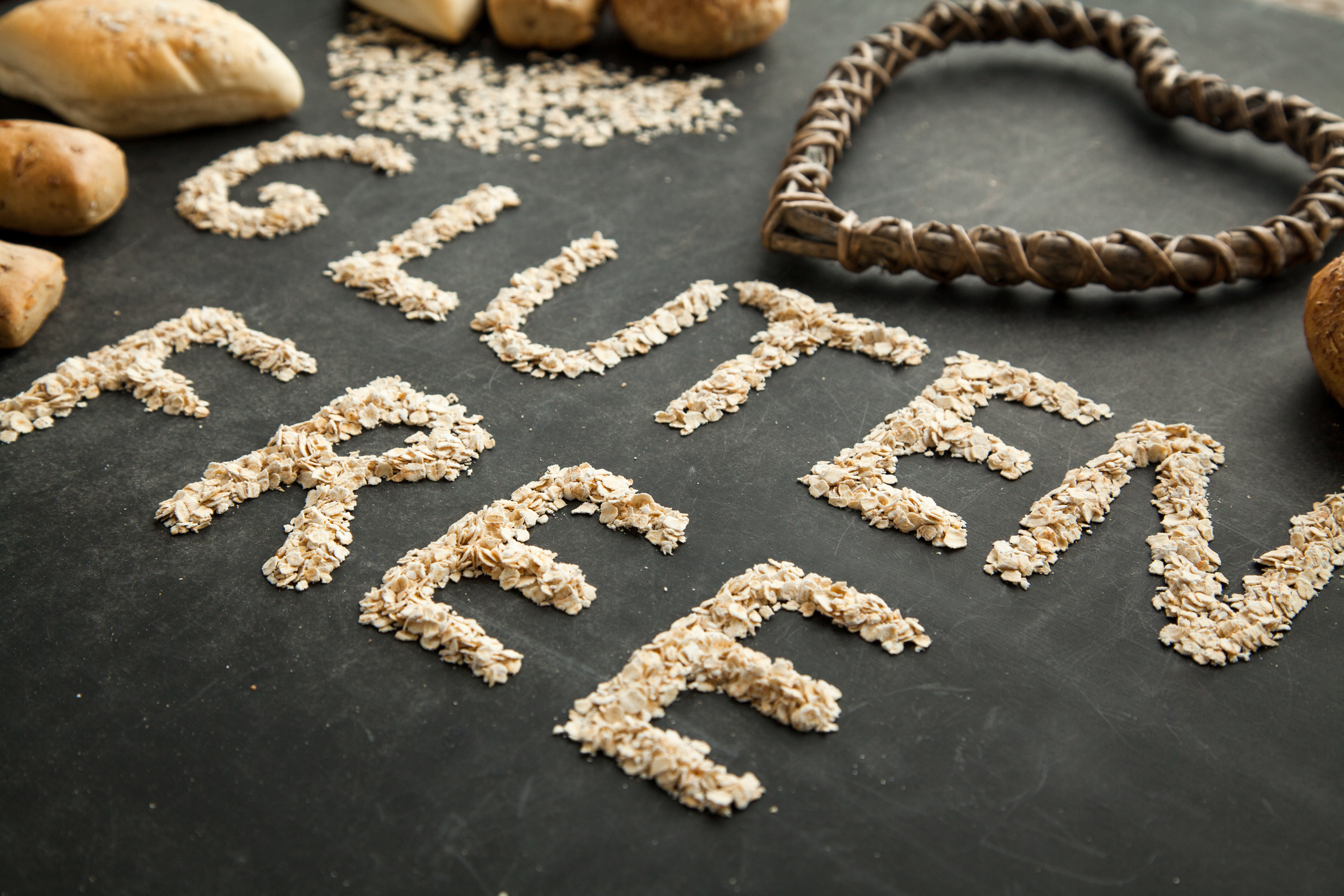As we head into the holiday season this November and December, families look forward to gathering around the table to enjoy one another’s company and a festive meal of time-honored recipes. But with so many dietary restrictions and plans; gluten-free, vegan or keto, it can be a struggle for the host to prepare dishes that everyone can eat.
For some, a strict diet may be a choice in order to lose weight, feel healthier or an ethical decision not to eat animal products. But for others, food sensitivities can cause serious health problems. People with Celiac Disease must eliminate gluten from their diet to prevent symptoms that can lead to anemia, poor nutrient absorption, osteoporosis and an increased risk for diabetes and cancer. November is Gluten-Free Diet Awareness Month; an opportunity to raise awareness about people with a celiac condition who suffer from inflammation which damages the intestines when they eat gluten in wheat, grains, barley and rye.
According to the Celiac Disease Foundation, 1 in 100 people are affected by celiac disease; 1 in 10 have a related family member with the disease. The risk for coronary artery disease is double for people with celiac disease. And the risk for small bowel cancer is 4 times greater among people with celiac disease.
For adults over the age of 65 who develop celiac disease, the symptoms may be different than among younger people. Symptoms of elderly onset celiac disease can include constipation and obesity, which are uncommon symptoms in younger patients. Anemia and nutrient deficiencies are common among all age groups. Because symptoms may be milder among seniors, they may go undiagnosed longer, chalking up their health problems to old age. But by switching to a gluten-free diet rich in fruits, vegetables, lean protein, legumes and grain alternatives, older adults can help reduce chronic inflammation and protect themselves from heart disease and other health problems.
Thankfully today there are many gluten-free flours that can easily be substituted in recipes and gluten-free breads, pastas, crackers, cookies and other snack foods. Learn more about how seniors can transition to a gluten-free diet by following this link to the Celiac Foundation website.






Add Your Voice
0 Comments
Join the Discussion